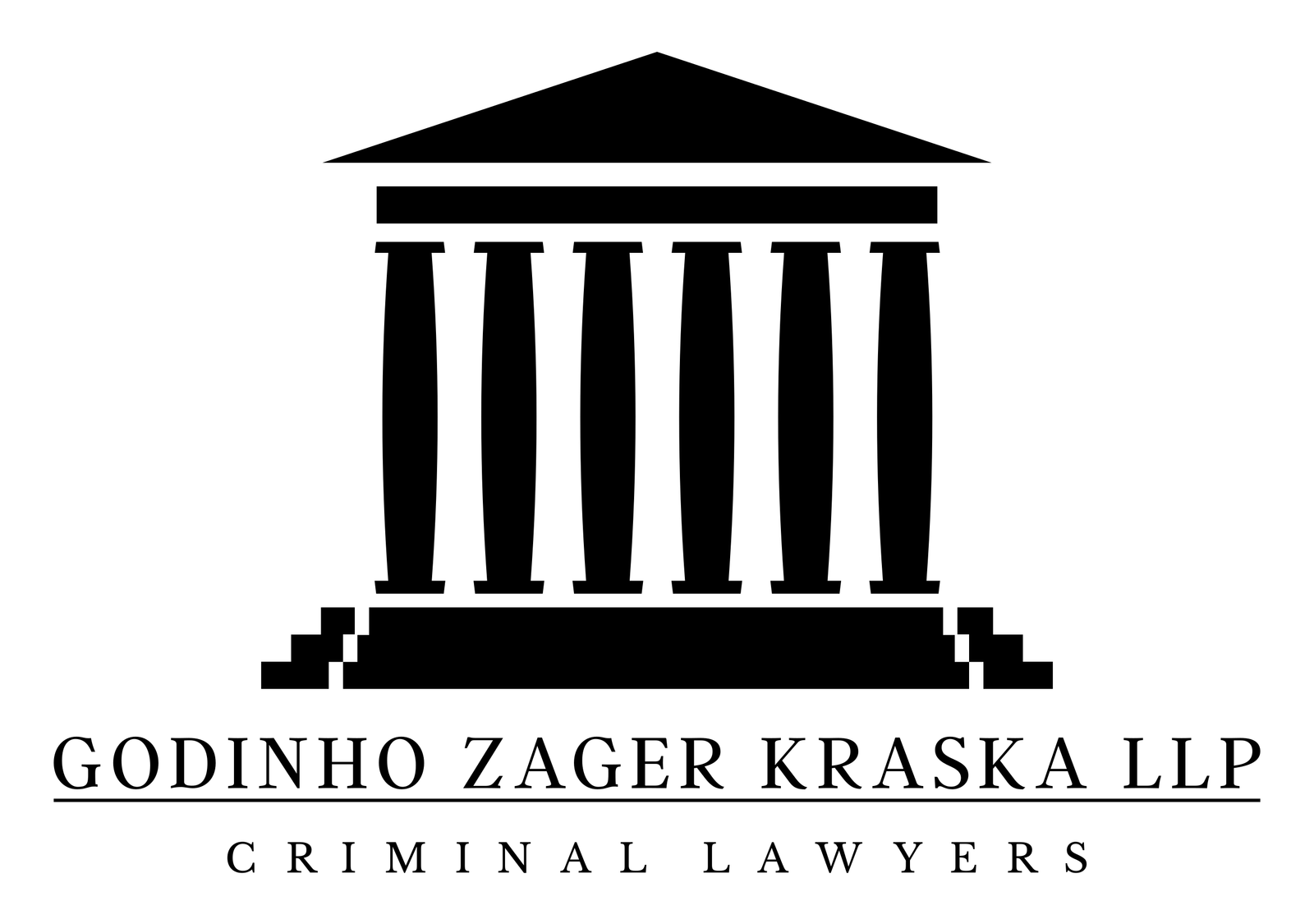Fraud is an offence under section 380 of the Criminal Code. In the case of R. v. Théroux, [1993] 2 S.C.R. 5, the Supreme Court of Canada established four elements of fraud:
- An act of deceit, a falsehood, or some other fraudulent conduct;
This involves intentionally misrepresenting a situation or engaging in dishonest conduct. It can include lying or failing to disclose important information to the victim when making a deal.
- Deprivation or risk of deprivation to another caused by the prohibited act;
The prohibited act must result in either the victim suffering a loss or facing the risk of a loss.
- Subjective knowledge of the prohibited act; and
The accused must have been aware of their deceitful or fraudulent behavior.
- Subjective knowledge that the prohibited act could cause deprivation or risk of deprivation to another.
The accused must have known or should have known that their deceitful or fraudulent behavior could cause economic harm to the victim.
Consequences of Being Found Guilty of a Fraud Offence
If you or someone you know has been charged with Fraud, we encourage you to reach out to us without delay. At Godinho Zager Kraska LLP, our Criminal Lawyers possess extensive expertise in defending fraud charges and strive to achieve the best possible outcome for clients facing such charges. There can be serious implications to you if you are convicted of a fraud including but not limited: to a criminal record, issues with obtaining or maintaining employment or volunteer opportunities, jail time, a period of probation with strict conditions, a victim fine surcharge, and an order allowing the police to collect and store your DNA on the national DNA data bank. We offer a free consultation to discuss your situation and explore the available options.

Let us help you!
Contact us now for a free consultation.
